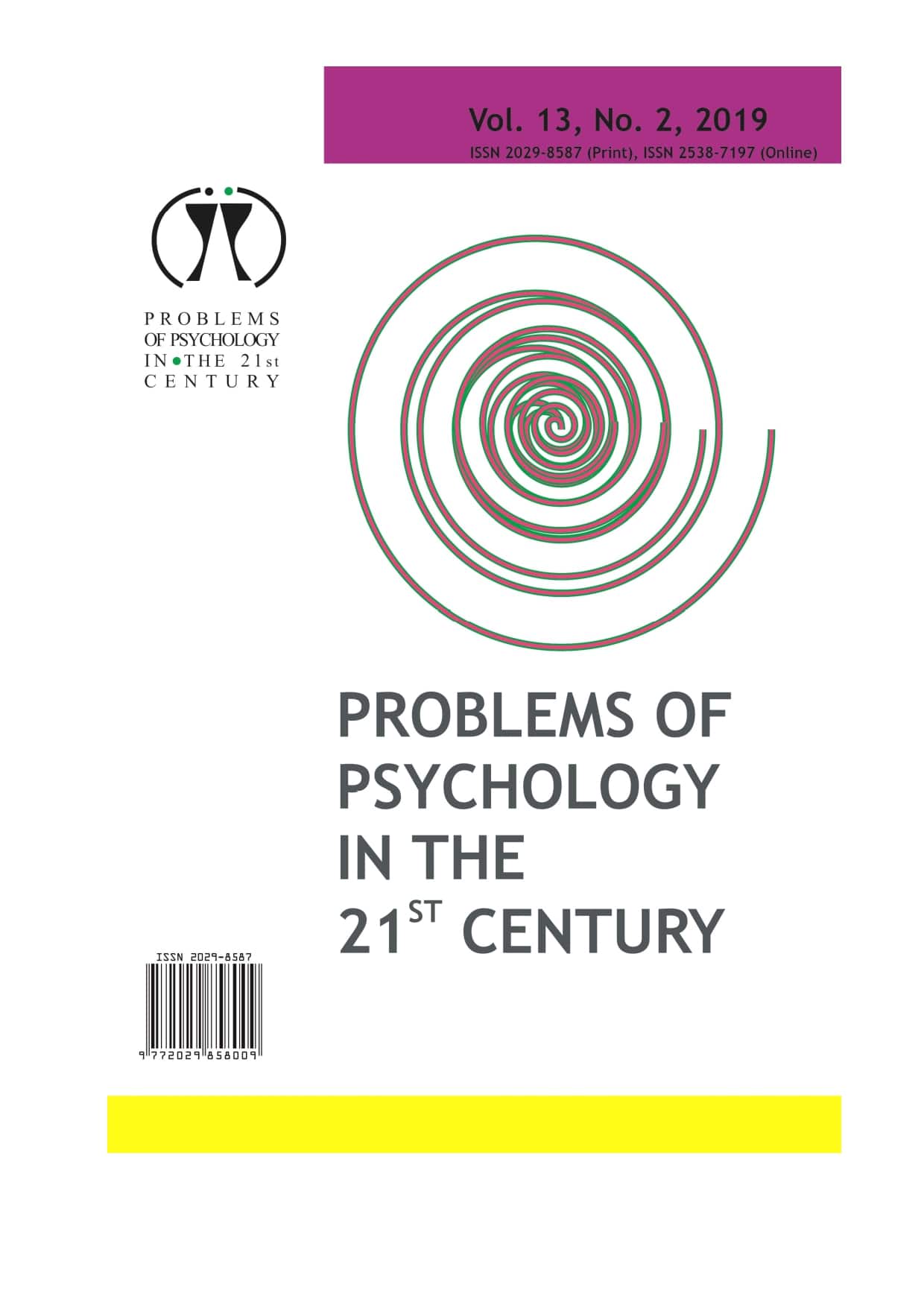EXERCISE ADDICTION AND ITS RELATION TO PSYCHO-SOCIAL ASPECTS AND MOTIVES
EXERCISE ADDICTION AND ITS RELATION TO PSYCHO-SOCIAL ASPECTS AND MOTIVES
Author(s): Nadja Walter, Thomas HeinenSubject(s): Social Sciences, Psychology, Social psychology and group interaction
Published by: Scientia Socialis, UAB
Keywords: achievement striving; catharsis; competitive athletes; exercise dependence scale; inspiration; physical activity;
Summary/Abstract: Despite typical physiological risks of regular physical activity such as injuries or overtraining, particularly excessive exercise can have psychological side effects and become obsessive. This obsessiveness is often associated with symptoms of addiction (i.e., reduction of other activities, lack of control, withdrawal symptoms). However, the underlying process of developing an exercise addiction is not yet fully understood. Besides the physiological approach, there are several psychological and socio-theoretical models focusing on personal and situational factors. The aim of this research was to explore the role of psycho-social aspects and their influence on symptoms of exercise addiction. 501 participants were asked to record their current sport regarding type, intensity, frequency, and competitive activity. Furthermore, the participants were asked about the motives to exercise as well as their inspiration to start with their current sport. Addictive symptoms were assessed using the Exercise Dependence Scale (EDS). It was expected, that inspiration, competitive activity, as well as the motives achievement striving and catharsis have an influence on the EDS score. The results showed that athletes rating the motives achievement striving, catharsis and enjoyment of movement as important or very important showed significantly higher scores in the EDS. No significant differences were found for inspiration, but competitive activity. The findings suggest an important role of intrinsic motivation on the development of exercise addition, particularly the motive enjoyment of movement. However, the interaction of personal and situational factors needs to be explored further.
Journal: Problems of Psychology in the 21st Century
- Issue Year: 13/2019
- Issue No: 2
- Page Range: 113-126
- Page Count: 14
- Language: English

